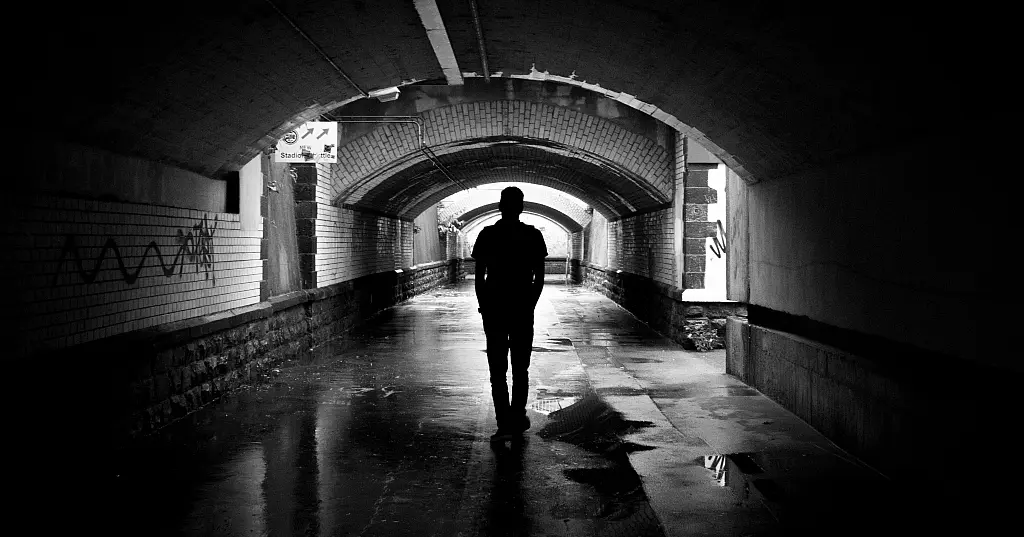
22 April 2022
FT Film (2022) ¦ How London became the dirty money capital of the world
How decades of policy choices, secrecy havens and professional services turned London into the preferred destination for kleptocrats and corrupt wealth
For many decades London did not merely tolerate foreign illicit wealth — it actively attracted and accommodated it. The city’s transformation into a global hub for money laundering is the product of deliberate policy shifts, porous regulation and an ecosystem of intermediaries ready to obscure ownership and legitimise questionable funds. Successive political decisions — from the Thatcher-era “Big Bang” financial liberalisation to later deregulatory moves — created an exceptionally open financial environment. That openness, combined with weak enforcement, made London a natural destination for corrupt actors seeking to hide, launder and integrate proceeds of kleptocracy into mainstream British life.
The mechanics of concealment
Dirty money typically follows four stages: placement, layering, integration and defence. Wealth is introduced into the international financial system via offshore accounts and crown dependencies, then routed through shell companies and complex transactions to break the money’s traceable links to criminal sources. UK corporate registries, property law and professional services have allowed this flow to proceed with alarming ease. Companies House’s permissive registration process — where companies can be formed in minutes for a small fee and without effective identity checks — has created a “wild west” of false or unverifiable ownership records. Thousands of companies can be concentrated at a single address; names on registers range from the absurd to the fraudulent, and no single authority systematically verifies them.
Once money reaches London, banks, lawyers and real estate professionals provide the means to layer and then integrate illicit funds. British banks have been implicated in moving corrupt wealth; lawyers and estate agents help structure opaque purchases so that high-value assets like Kensington mansions can be owned through offshore vehicles with no public beneficial‑ownership transparency. The documentary’s investigations identify tens of millions of pounds of suspicious UK property purchases, with a significant tranche linked to Russian individuals accused of corruption or close to the Kremlin.
Professional enablers and political ties
A core reason London remained attractive to such money is the depth and quality of its supporting professional services: top law firms, accountants, trust companies and reputation-management practitioners who can not only structure transactions but also litigate aggressively to silence critics. Britain’s claimant-friendly libel laws and formidable defamation litigation industry offer an effective defense for those facing scrutiny. Journalists and investigators routinely encounter vexatious lawsuits or legal threats designed to intimidate and delay reporting.
Beyond professional enablers, there are troubling intersections between oligarchic wealth and British institutions. Donations to political parties, donations and naming rights to universities and cultural institutions, enrollment of oligarchs’ children in elite schools, and appointments of influential figures to corporate or advisory posts have blurred the lines between legitimate business and graft-driven influence. This integration has created a layer of social and political legitimacy that can shield dubious actors from scrutiny.
Policy failures and partial reforms
Numerous policy failures compounded London’s vulnerability. Golden visa schemes offered residence in exchange for investment; such programs were easily abused to buy a veneer of legitimacy. Regulatory agencies and law enforcement bodies were often under-resourced relative to the scale of the task — agencies like the Serious Fraud Office and the National Crime Agency face budgetary and legal constraints that limit their reach. Unexplained Wealth Orders, introduced as an investigative tool, have been used infrequently and seldom resulted in major recoveries because of legal and cost risks for enforcement bodies.
Recent events, especially Russia’s full-scale invasion of Ukraine, marked a turning point politically and publicly. The conflict laid bare how kleptocratic wealth can be a strategic weapon of authoritarian regimes and made political tolerance for oligarchic assets far less tenable. That shift helped push the UK government to pass more robust measures in the Economic Crime Act, including a public register requiring overseas companies buying UK property to disclose their true owners. The legislation also simplifies sanctions and strengthens the legal footing for unexplained-wealth inquiries, with caps on liability for agencies pursuing such cases — changes aimed at reducing the financial risk of enforcement.
Limits of the new measures and remaining risks
While recent laws represent important progress, loopholes remain and enforcement will be decisive. The documentary stresses that political will, sustained resourcing and further legal reform are needed to tighten beneficial-ownership transparency across assets beyond property, to clamp down on secrecy services provided by British Overseas Territories and Crown Dependencies, and to curtail the market for reputation laundering. Removing the flow of illicit money will likely come at costs to some sectors and to parts of London’s legal and professional marketplace, but those costs must be weighed against the institutional harm of allowing kleptocracy to entrench itself in British public life.
A broader choice about what Britain wants to be
The story is not only about Russia; kleptocracy is a global problem and London’s permissive structures have benefited corrupt actors from many regions. The documentary frames Britain’s predicament as a moral and institutional choice: whether to remain the world’s open financial centre with tightened rules that protect legitimate commerce, or to continue tolerating the infiltration of illicit wealth that corrodes free press, suborns politics and weakens democratic accountability. Ending London’s role as a haven for dirty money will require more than public registers and legislation — it will demand a cultural and institutional shift in how the UK balances commercial openness with rigorous, well‑resourced enforcement and uncompromising transparency.


